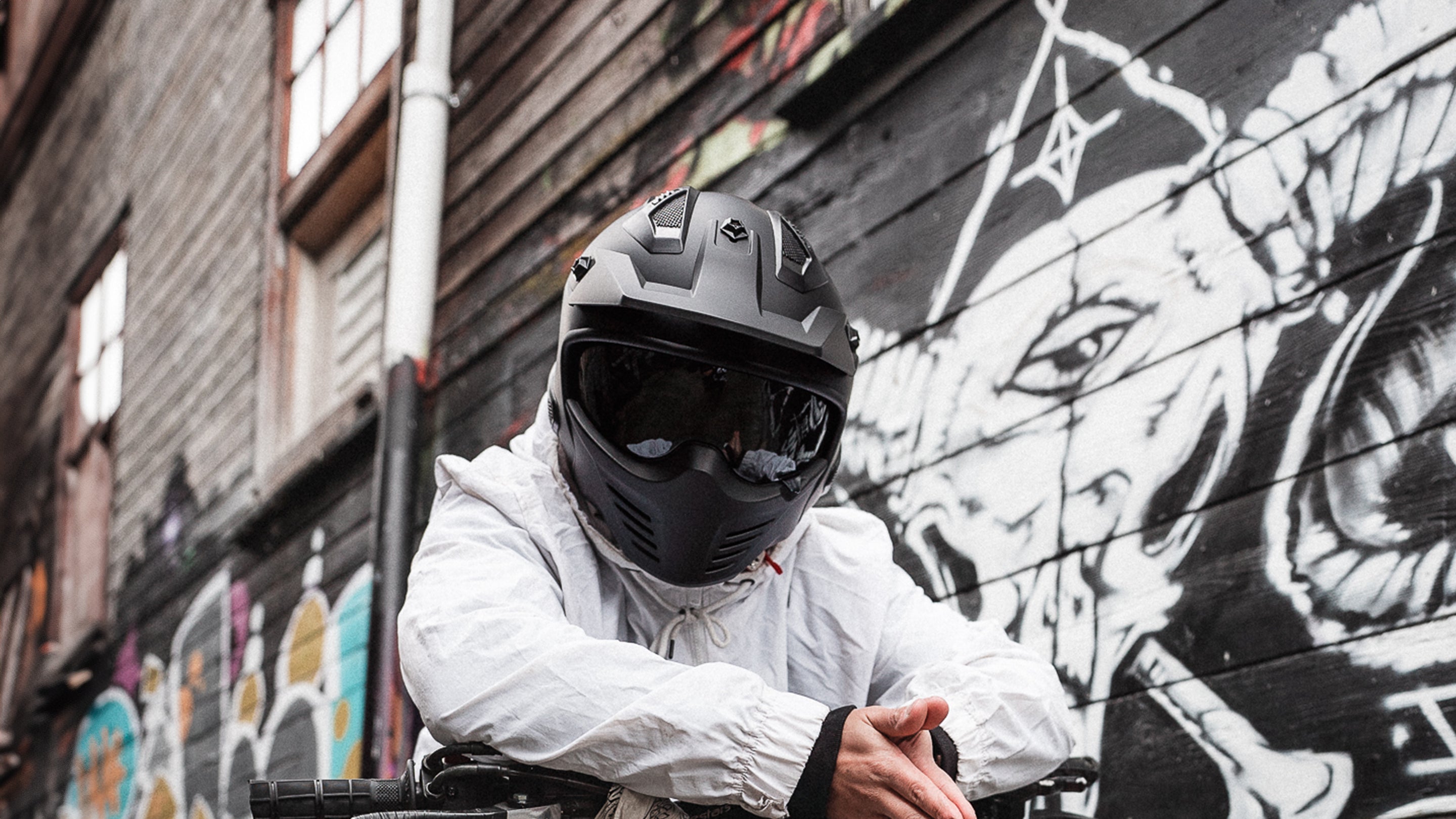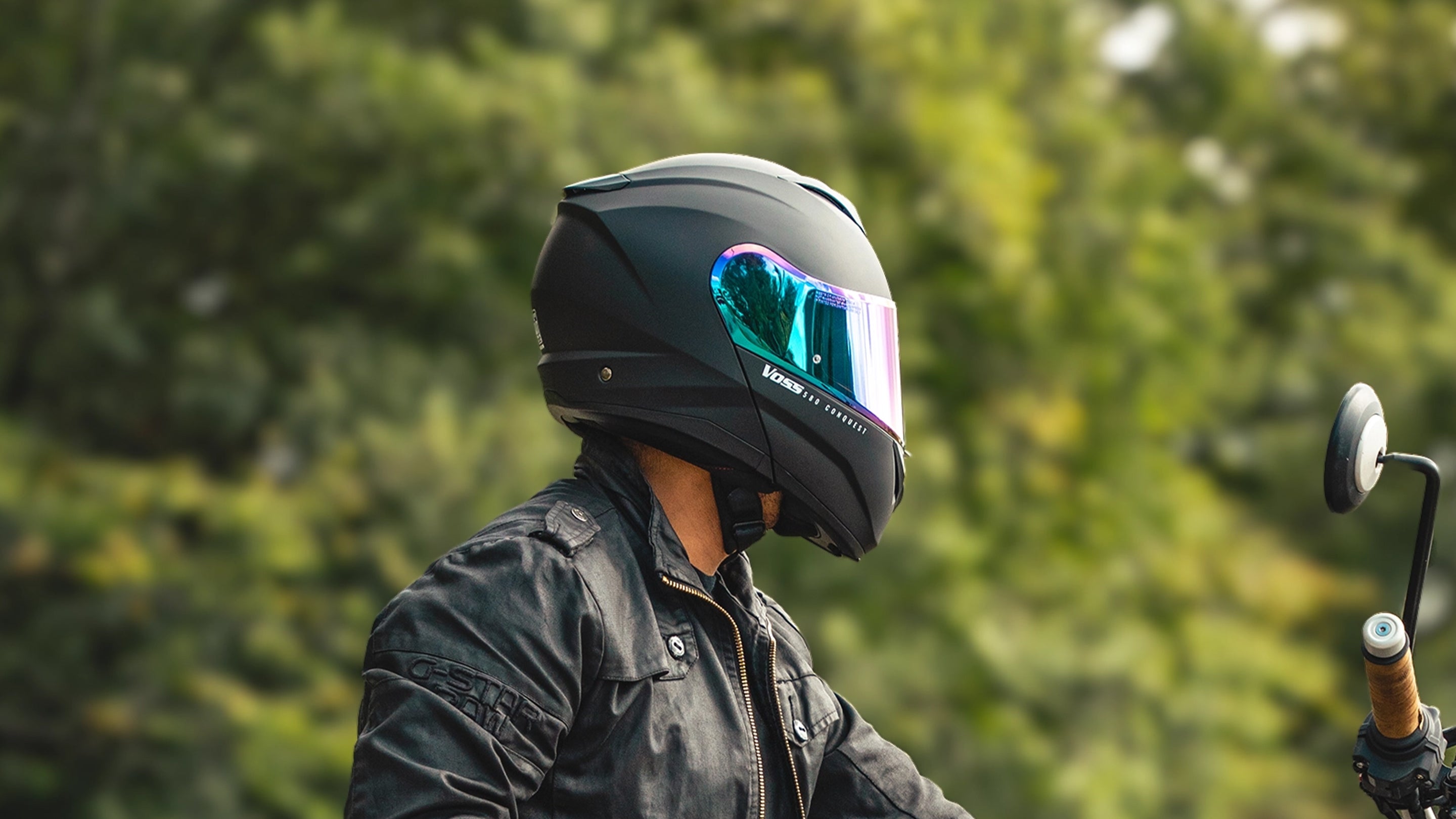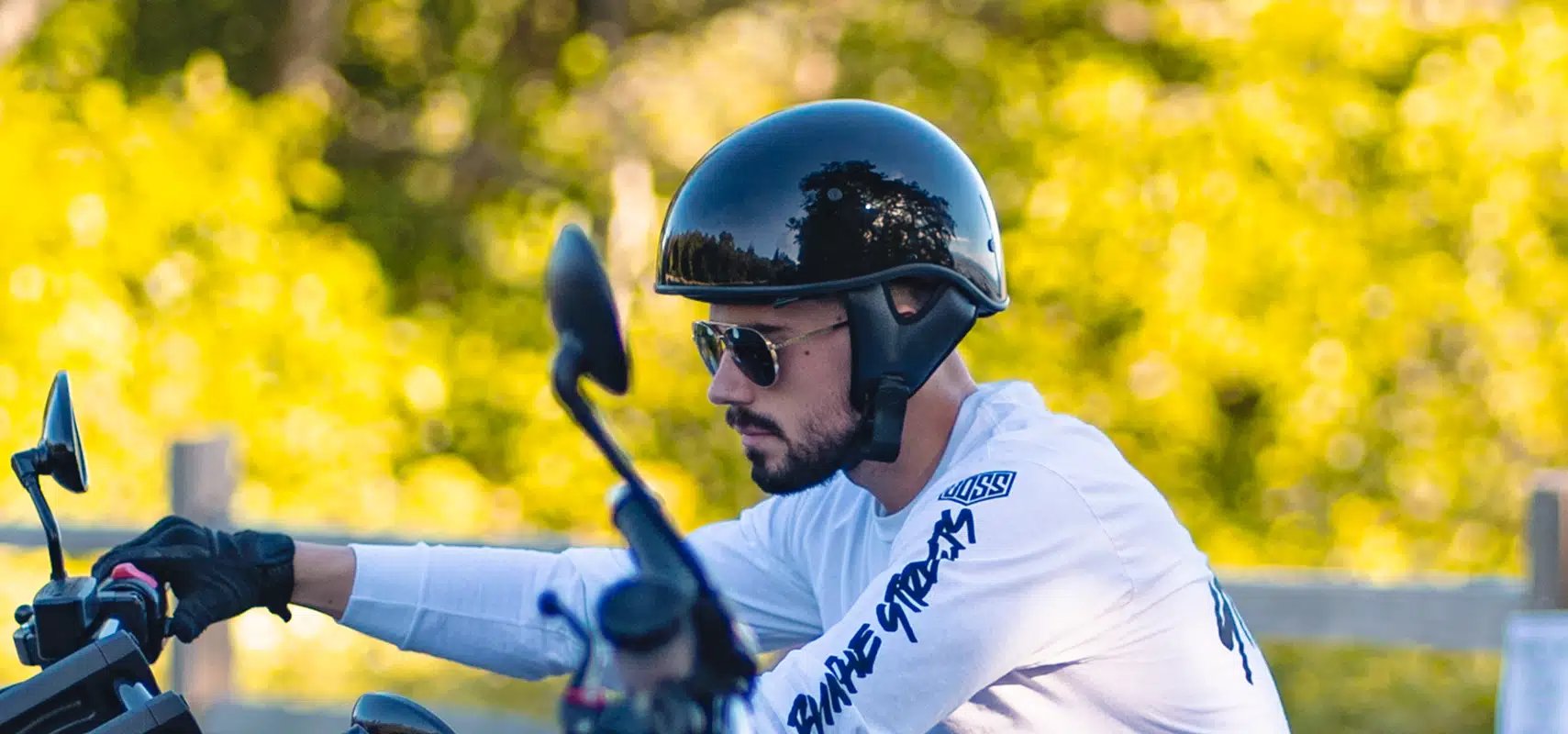I Want to Start Motorcycle Riding, How Much Will it Cost Me?
So you are ready to take the leap into the moto-world – Amazing! We’ve been waiting a long time for you! The cost of starting motorcycle riding can vary based on several factors, including the type of motorcycle, brand, new or used condition, insurance, safety gear, and any additional training or licensing fees. Take it from us, there are some common expenses to you want to consider budgeting for sooner rather than later:
- Motorcycle Purchase:
- New Motorcycle: Prices for new motorcycles vary widely, ranging from a few thousand dollars for entry-level bikes to tens of thousands for high-performance or luxury models. Most manufacturers can also offer you a warranty at little-to-no extra cost, so make sure to ask about that!
- Used Motorcycle: Buying a used motorcycle can be more budget-friendly. Prices depend on the age, condition, and model but can range from a few hundred to several thousand dollars. Keep in mind that while you may be getting a better deal on the purchase price of the bike itself, you may have to pay more for replacement parts and mechanical work sooner than if you were to buy a new bike.
- Safety Gear:
- Helmet: A good-quality helmet is crucial for safety and can cost anywhere from $100 to $800 or more, depending on the brand and features.
- Jacket, Pants, Gloves, Boots: Riding gear prices can vary, but you may spend several hundred dollars for a complete set of protective gear. Be smart - don’t try to make ends meet by opting out of spending money on protective gear. This stuff will often be the cheapest insurance plan you can buy in the event of an accident.
- Insurance:
- Motorcycle insurance costs depend on factors such as your location, age, riding experience, the type of motorcycle, and coverage levels. On average, you might expect to pay a few hundred to over a thousand dollars annually.
- Licensing and Training:
- Costs for motorcycle rider training and licensing vary by location. Some places require completion of a safety course, which may cost a few hundred dollars. Licensing fees can also range from tens to hundreds of dollars. Motorcycle training is extremely useful – keep this in mind. Yes, you can certainly learn a lot from self-help websites like YouTube, but if you can afford to pay a premium for hands-on training, you can definitely expect to have a more effective learning experience than the DIY experience. Remember, motorcycle riding is an inherently dangerous activity so you will always benefit from empowering yourself with as much information and experience as humanely possible!
- Maintenance and Repairs:
- Regular maintenance, such as oil changes, tire replacements, and brake pad changes, can add up over time. Repair costs for unexpected issues will vary depending on the make, model and year of your equipment.
- Accessories and Upgrades:
- If you want to customize or add accessories to your motorcycle, like a luggage rack, windshield, or upgraded exhaust system, these can also contribute to additional costs.
It's important to research and plan for these expenses based on your preferences and local regulations. Additionally, consider ongoing costs like fuel and potential storage fees if you don't have a garage. Remember that safety should be a top priority, so investing in quality gear and training is essential!










